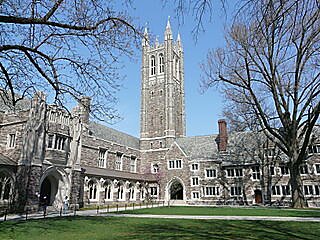ooray, the U.S. News and World Report college rankings are out! No, they aren’t perfect — Creighton probably isn’t slightly better than Butler, or Berkeley than UVA — but the relative standings of schools is but one piece of information U.S. News provides to help both consumers and the publication’s bottom line. You know, a win-win. Indeed, most of the information that President Obama thinks Washington needs to publish, at least according to the “fact sheet” to go with his recent college tour, is already provided by U.S. News. You will have to pay $30 for access to all of it, but that’s a microscopic investment compared to the six-figure choice many prospective students will be making.
Let’s run the presidential rating-items list:
- “Percentage of students receiving Pell grants”: Check!
- “Average tuition”: Check!
- “Scholarships”: Check and check!
- “Loan debt”: Roger that!
- “Graduation…rates”: Better believe those are checks!
- “Transfer rates”: Not exactly check, but close.
- “Graduate earnings”: OK, not in U.S. News, but readily available right here!
- “Advanced degrees of college graduates”: Here’s the only clear non-check for easy data availability. U.S. News’ “graduation and retention” sections for each college have many advanced study categories, but most don’t give data.
Other than specifics about transfer rates, advanced studies pursued by a school’s graduates, and graduates’ earnings, everything the White House wants to use for ratings is on the U.S. News site. And of those missing items, U.S. News offers a decent approximation for one and PayScale gives you the other. Oh, and U.S. News furnishes tons of additional information the fact sheet doesn’t mention, including rankings of undergraduate business and engineering programs; schools with the most emphasis on teaching; student body ethnic diversity; student housing; and much more.
Of course, again, U.S. News isn’t perfect. Which is why it is so great that it has lots of competitors, including Forbes, The Princeton Review, Washington Monthly, and more. In other words, the market provides, and we don’t need more government “help.” Indeed, what we need from government is much, much less.
